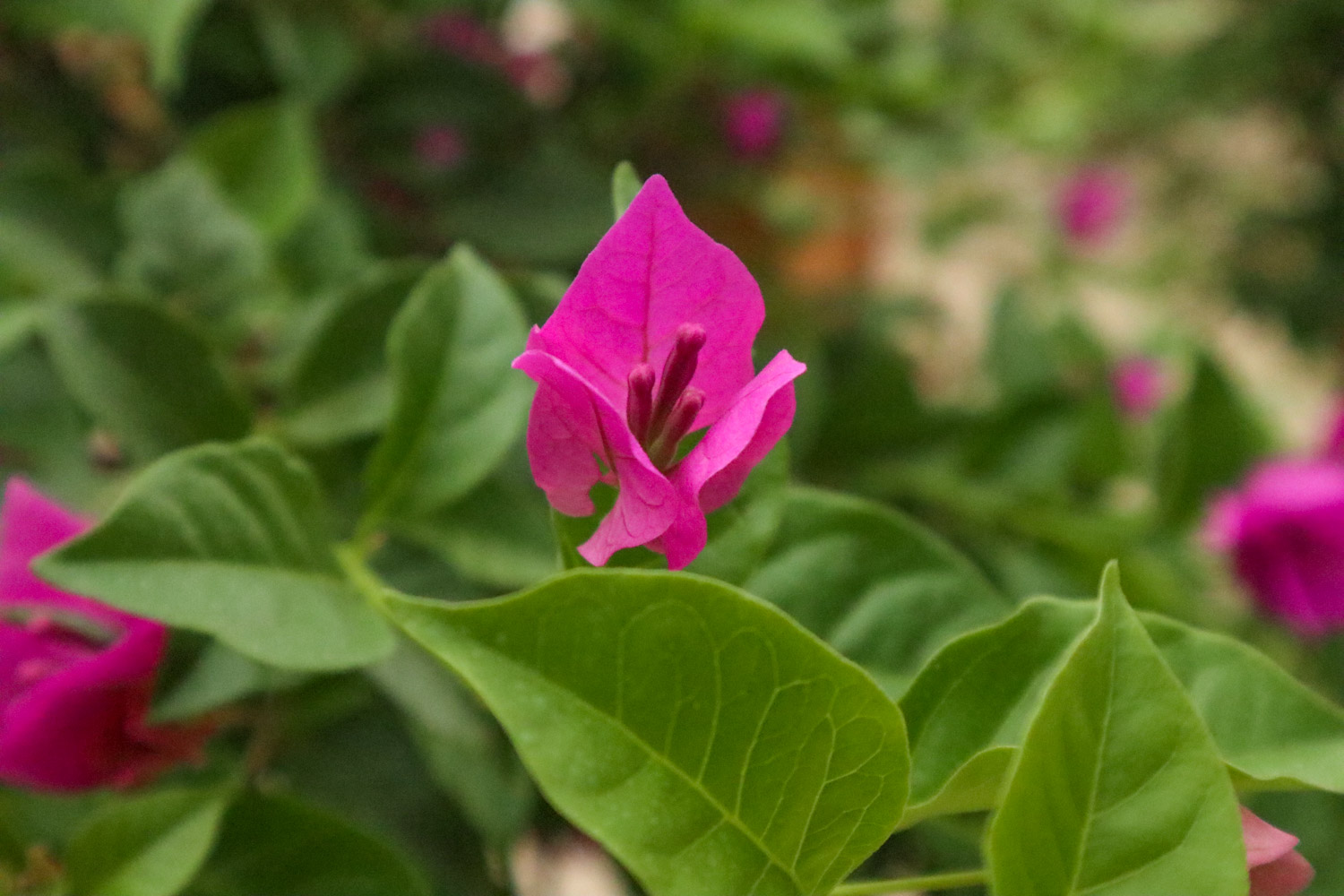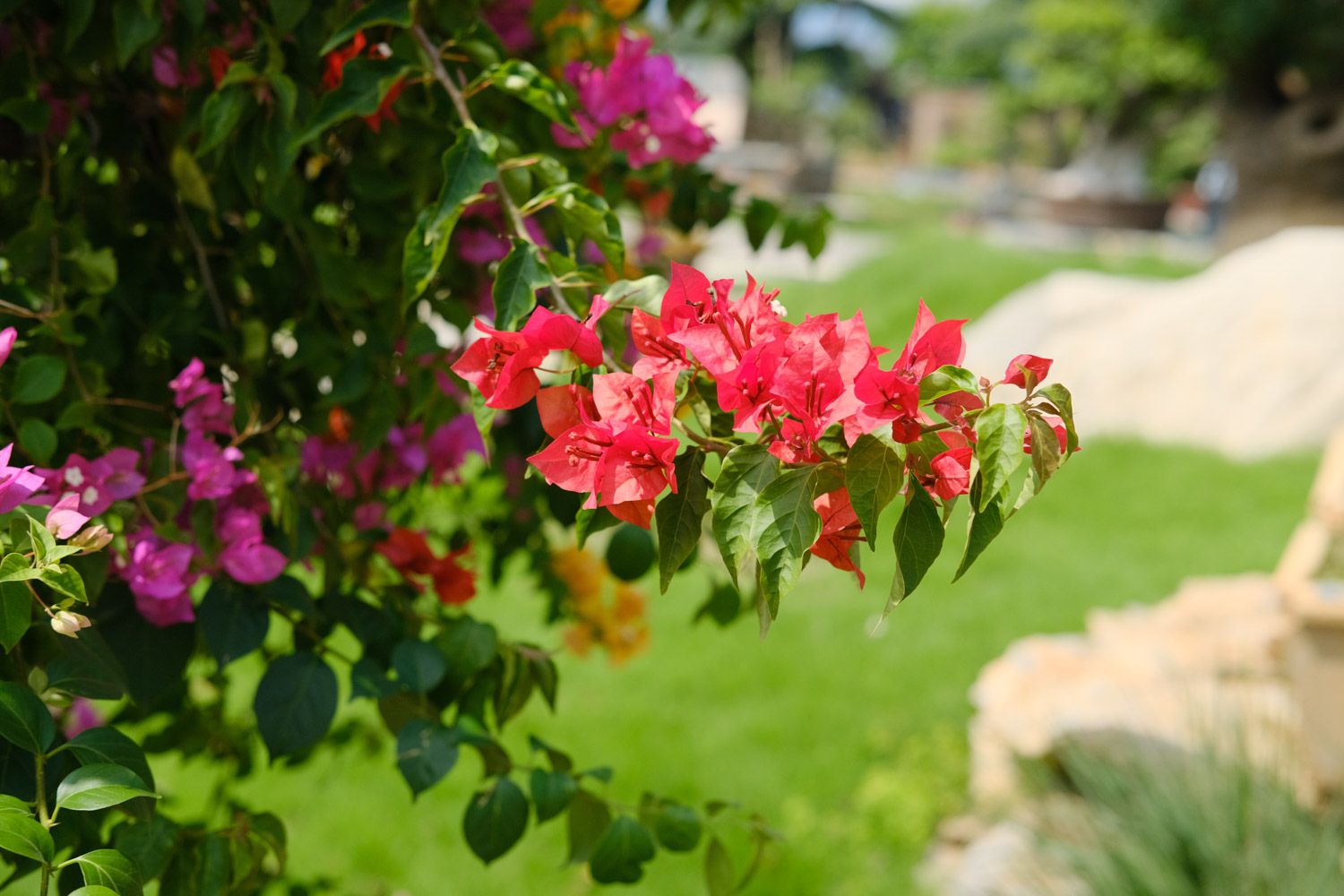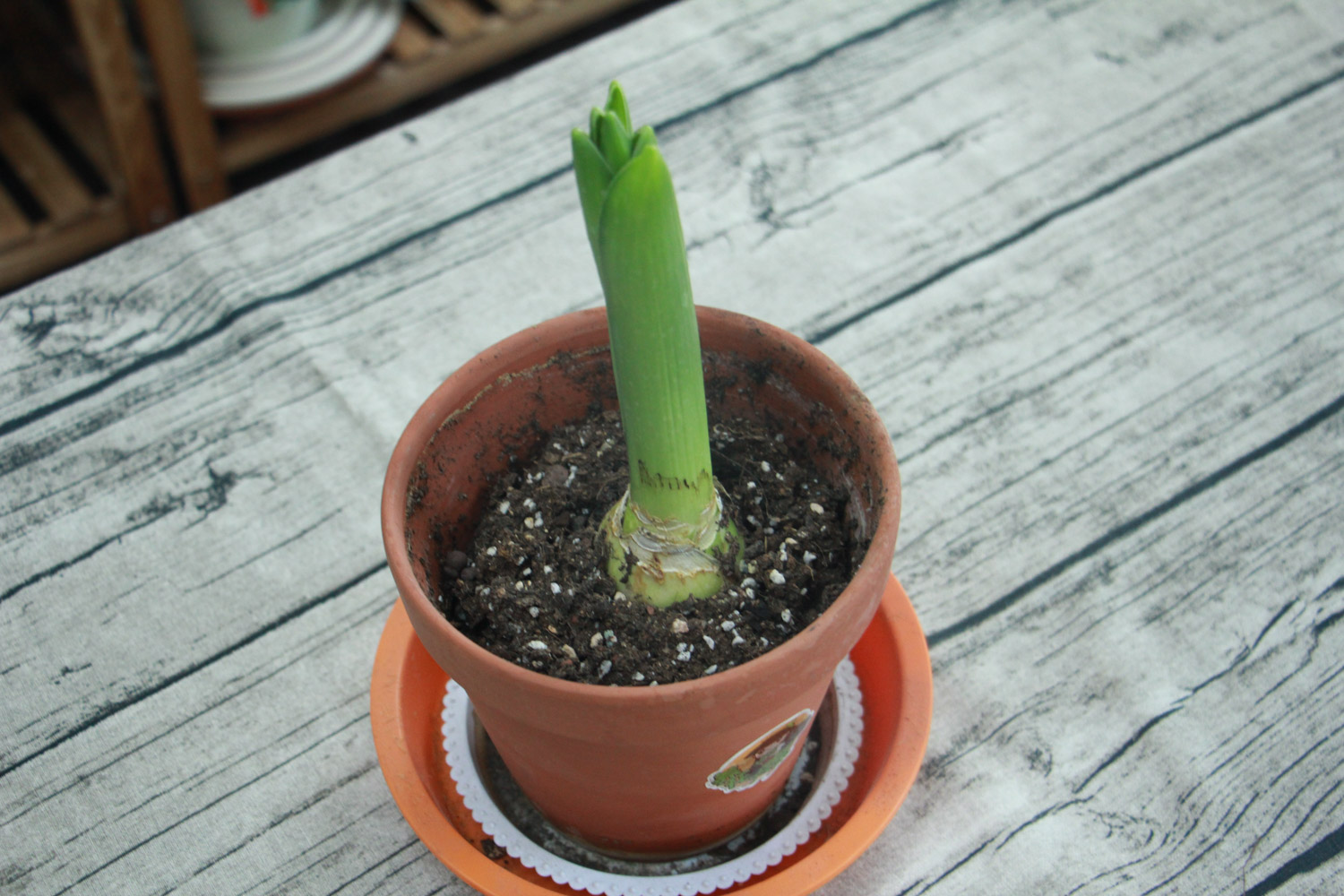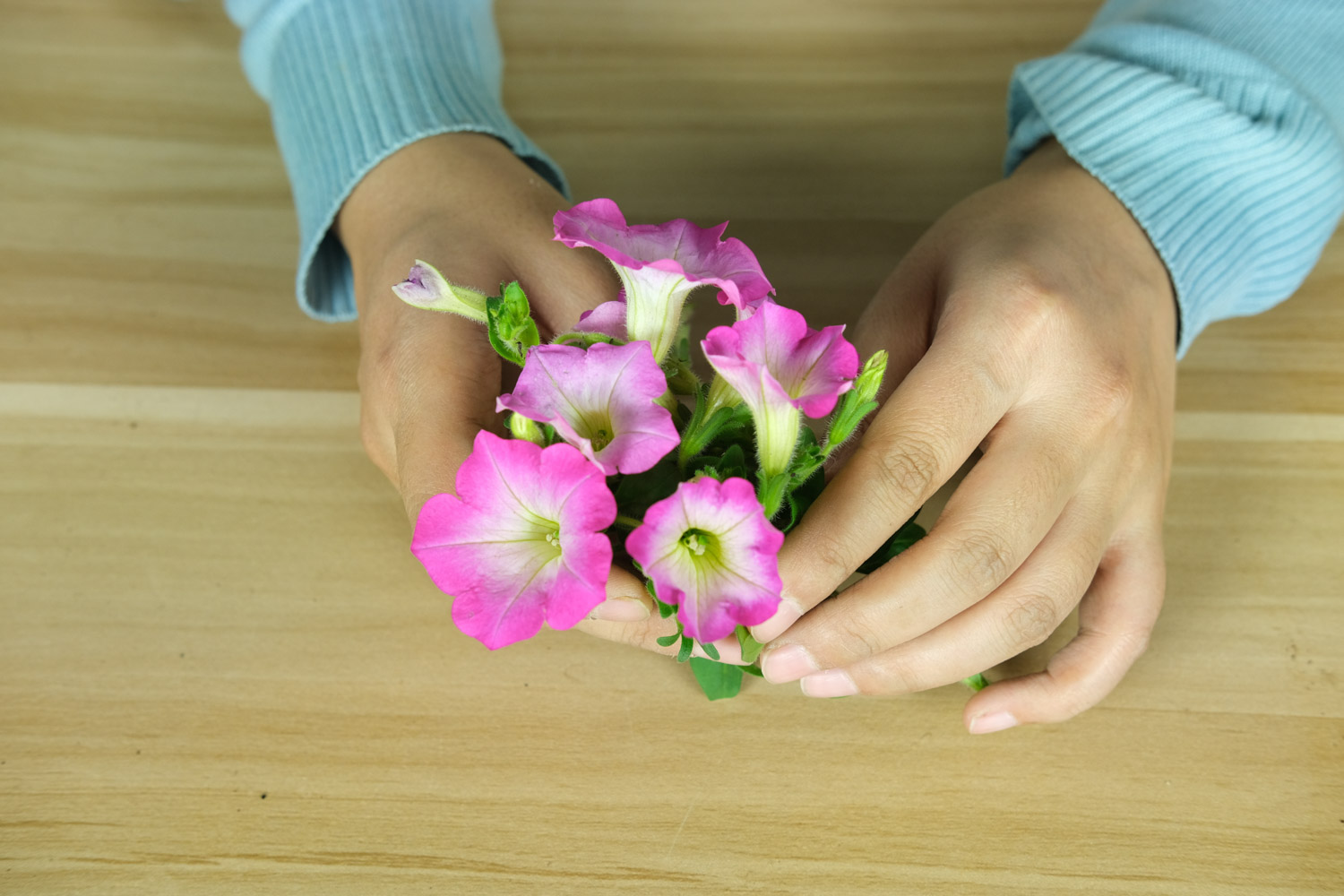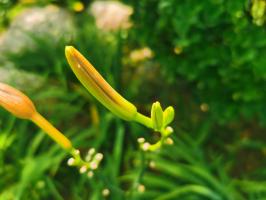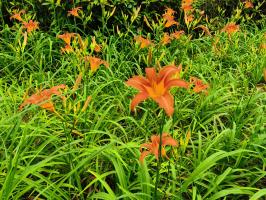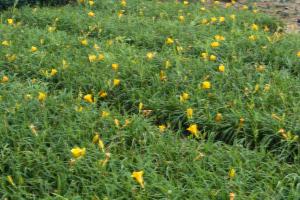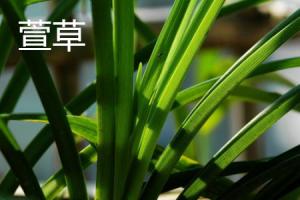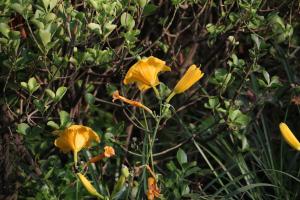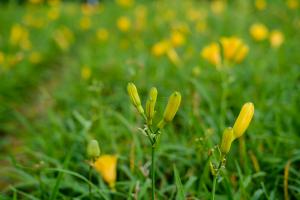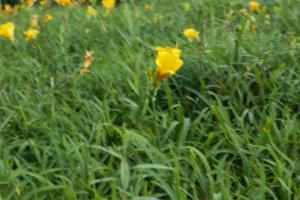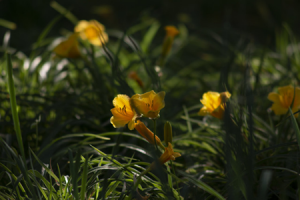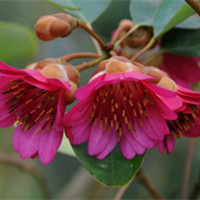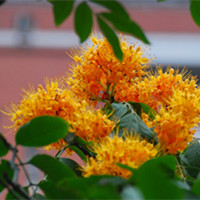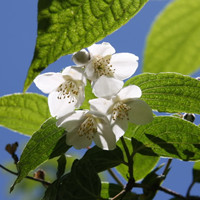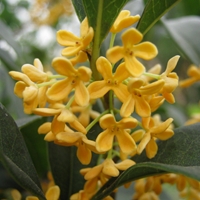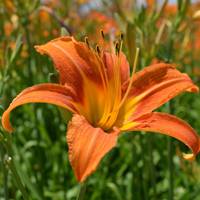Another name for Hemerocallis
It has also become day lily, day lily, deer onion, Sichuan forget grass, forget depression, Danji and so on
Morphological characteristics of Hemerocallis fulva
Perennial herbs, with thick and short rhizomes and roots with fleshy fibers, most of which are expanded and in a narrow and long spindle shape. The leaf base forms clumps, strip lanceolate, 30-60 cm long and 2.5 cm wide, and the back is covered with white powder. In summer, it has large orange flowers, and the scape is longer than the leaves, even up to more than 1 meter high; Panicle terminal, with 6-12 flowers, pedicel about 1 cm long; The flower is 7-12 cm long, the perianth base is thick and short, funnel-shaped, up to 2.5 cm, and the edge is slightly wavy; Ovary superior, style slender
The main characteristics of this species are: the root is nearly fleshy, and the middle and lower part has spindle expansion; Leaves are generally wide; The flowers bloom in the morning and wither at night. They have no fragrance. They are orange red and orange. There are pointed convex spots at the lower part of the inner perianth lobes. These characteristics can be distinguished from other types made in China. The flowering and fruiting period is from May to July
Growth habit of Hemerocallis fulva
It is strong and cold resistant. North China can overwinter in the open. It has strong adaptability. It likes humidity and cold resistance. It likes sunshine and half shade. The selectivity to soil is not strong, but it is suitable to grow in humid soil rich in humus and well drained, which should be more than 300-2500 meters above sea level
Flower language of Hemerocallis
Forgotten love, also known as carefree Hemerocallis, represents "forgetting all unhappy things"
Put down his (her) sorrow
A hidden mood
The flower language of Hemerocallis is the forgetting of love
At the same time, it is also the mother flower of China

